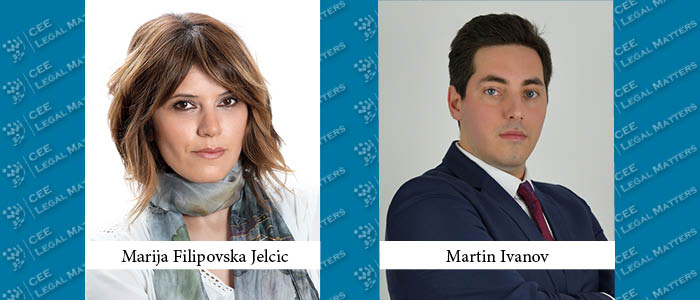North Macedonia, as a European Union country candidate, progresses toward integrating with the European Union’s regulatory and economic systems. As these frameworks grow more complicated, the country is tasked with continuously aligning its local industry with European and global standards.
This alignment is vital for promoting innovation, safeguarding public health, and drawing foreign investment. The life sciences sector’s development specifically is impacted by numerous factors, including funding, pricing, regulatory adherence, product liability issues, and sustainable public procurement mechanisms. Its growth and improvement in our country should not be underestimated, and the legal system must follow the trends.
Legislation Framework
The pharmaceutical industry in North Macedonia is governed by several key legal instruments, focusing primarily on the Law on Medicinal Products and Medical Devices (Official Gazette of Republic of Macedonia Nos.106/07 as amended from time to time) and the related regulations/bylaws adopted by the Ministry of Health of the Republic of North Macedonia. These regulations generally align with the corresponding EU directives, reflecting the country’s commitment to harmonizing its pharmaceutical legislation with European standards as part of its EU accession process. However, certain good practices are still not implemented and should be recognized, whereas legal mechanisms should be created for their enactment.
Latest Developments and Regulatory Reforms
North Macedonia has benefited from several EU-funded projects aimed at improving pharmaceutical infrastructure and research capabilities. A key project is the EU-funded Twinning project – Harmonization of the legislation for medicinal products with EU legislation and building capacities for its implementation. This project played a key role in reforming the Macedonian Agency for Medicinal Products and Medical Devices to meet international standards and to harmonize national legislation with EU legislation.
A proposal for a special Law on Medicinal Products was developed within this project. This proposal aims to split the regulation of medicinal products and medical devices into two separate laws: the proposed Law on Medicinal Products and a future Law on Medical Devices.
According to the latest publicly available draft of the proposed Law on Medicinal Products, this law will provide rules for medicinal products for use in human medicine, the conditions and method for ensuring their quality, safety, and efficiency, and the method and procedures for their production, testing, labeling, classification, placing on the market, sales, pharmacovigilance, price formation, quality control, advertising, and inspection. Narcotic drugs, psychotropic substances, and precursors needed for the production of medicinal products are also intended to be subject to regulation by this law. Two EU regulations and one directive are transposed in the draft Law on Medicinal Products, i.e., (1) Directive 2001/83/EC on the Community code relating to medicinal products for human use; (2) Regulation (EU) no. 536/2014 on clinical trials of medicinal products for human use and repealing Directive 2001/20/EC; and (3) Regulation (EC) no. 1234/2008 on the examination of the variations to the terms of marketing authorizations for medicinal products for human use and veterinary medicinal products.
Expected Benefits
By harmonizing national legislation with EU legislation (EU acquis) in the field of medicines, North Macedonia should accomplish the essential goal set out by Directive No. 2001/83/EC. Specifically, it should adopt the necessary uniform rules as possible for the production, distribution, and use of medicinal products in order not to hinder the development of the pharmaceutical industry and trade in medicinal products within the European Community (for example, rules applicable to tests and trials, compiling dossiers, and examination of applications). At the same time, the harmonization of national legislation in the field of clinical trials with Regulation (EU) No. 536/2014 should contribute to the ultimate goal of protecting the rights, safety, dignity, and well-being of test subjects. To enable independent control of compliance with these principles, a clinical trial should be carried out, subject to prior approval.
Pharmaceutical companies and other stakeholders have actively participated in providing comments and proposed amendments to the draft Law on Medicinal Products during the public discussion and review process.
In conclusion, it is not clear when the proposed special Law on Medicinal Products will be adopted, nor when we can expect the draft Law on Medicinal Products to be made available for public discussion and review. However, these reforms facilitate the country integrating seamlessly into the European pharmaceutical market, fostering innovation and ensuring compliance with international regulatory norms.
By Marija Filipovska Jelcic, Partner, and Martin Ivanov, Attorney-at-Law, CMS
This article was originally published in Issue 11.7 of the CEE Legal Matters Magazine. If you would like to receive a hard copy of the magazine, you can subscribe here.














